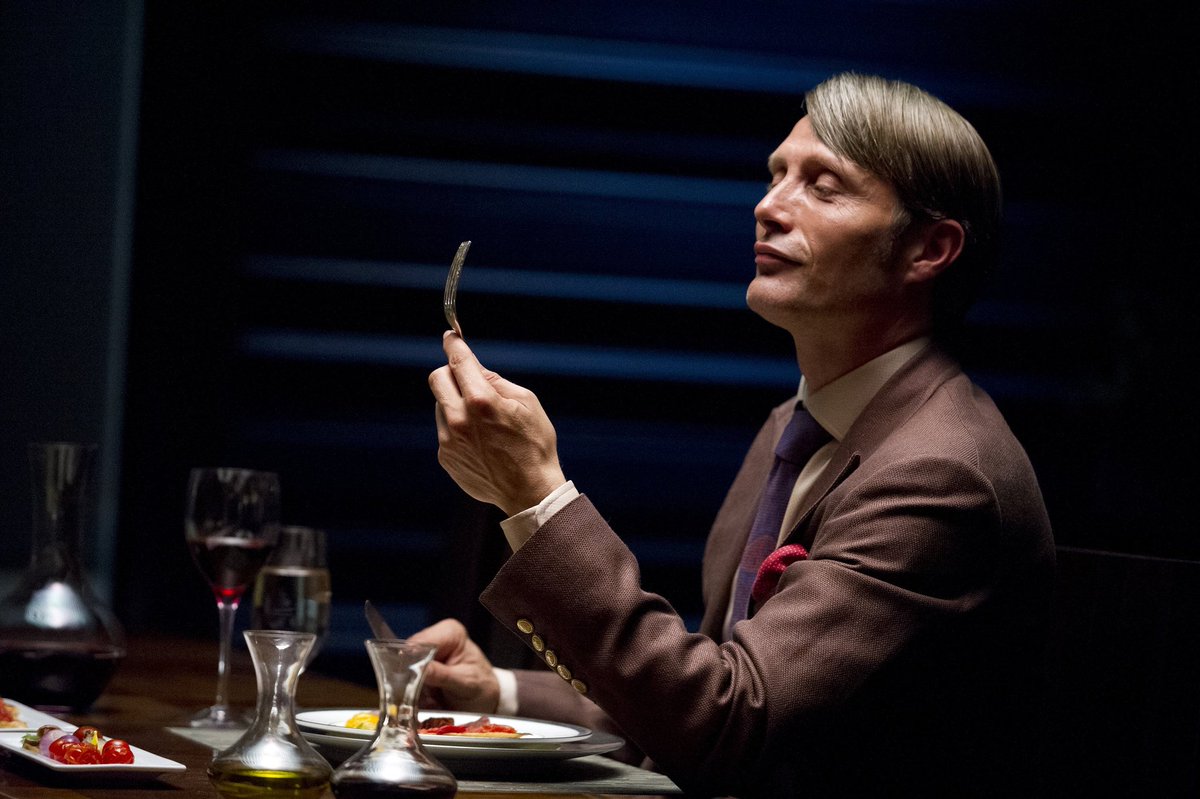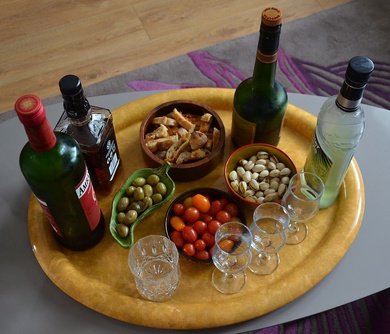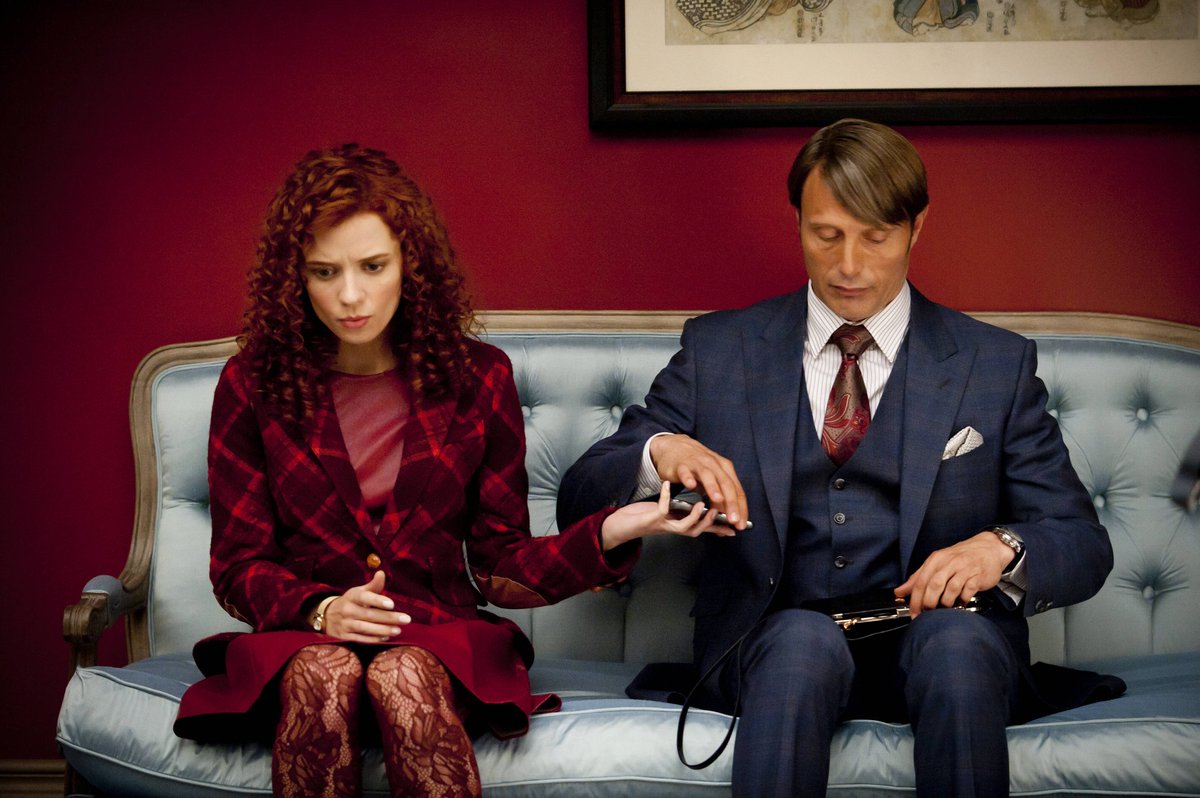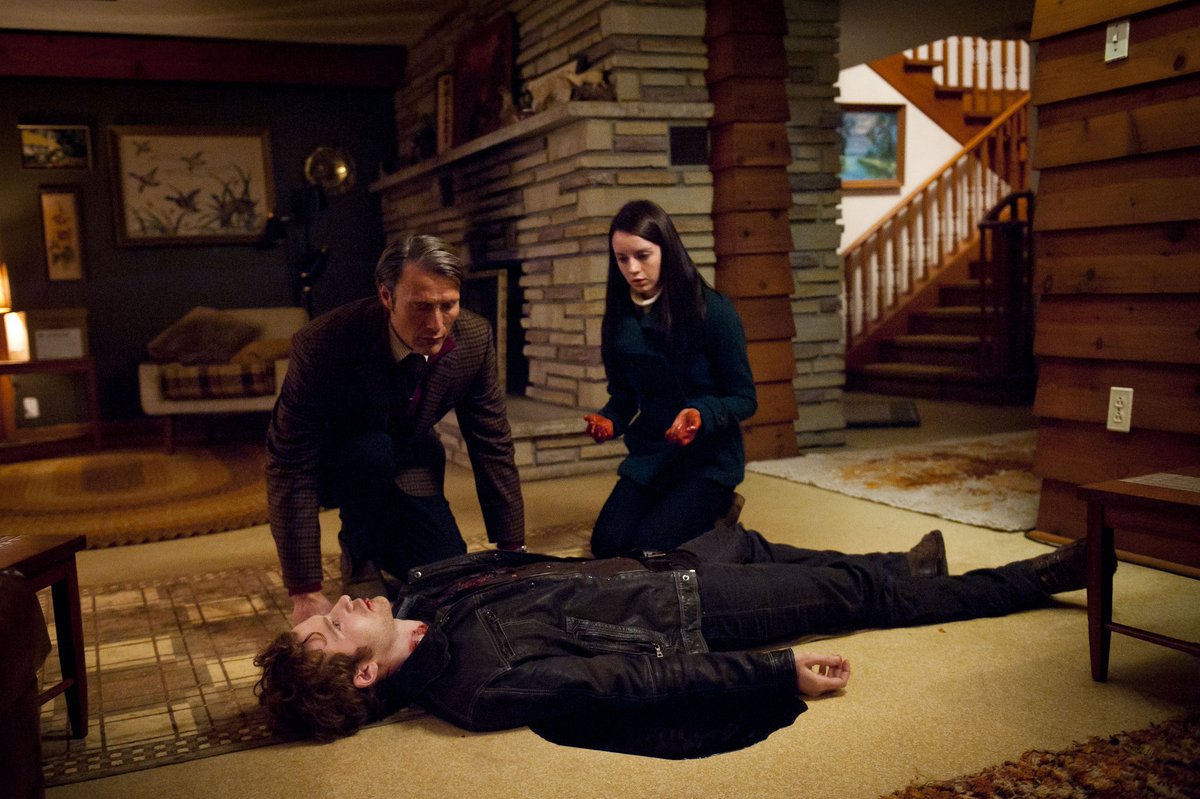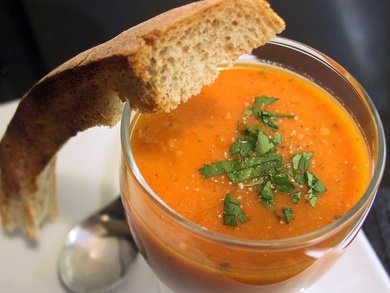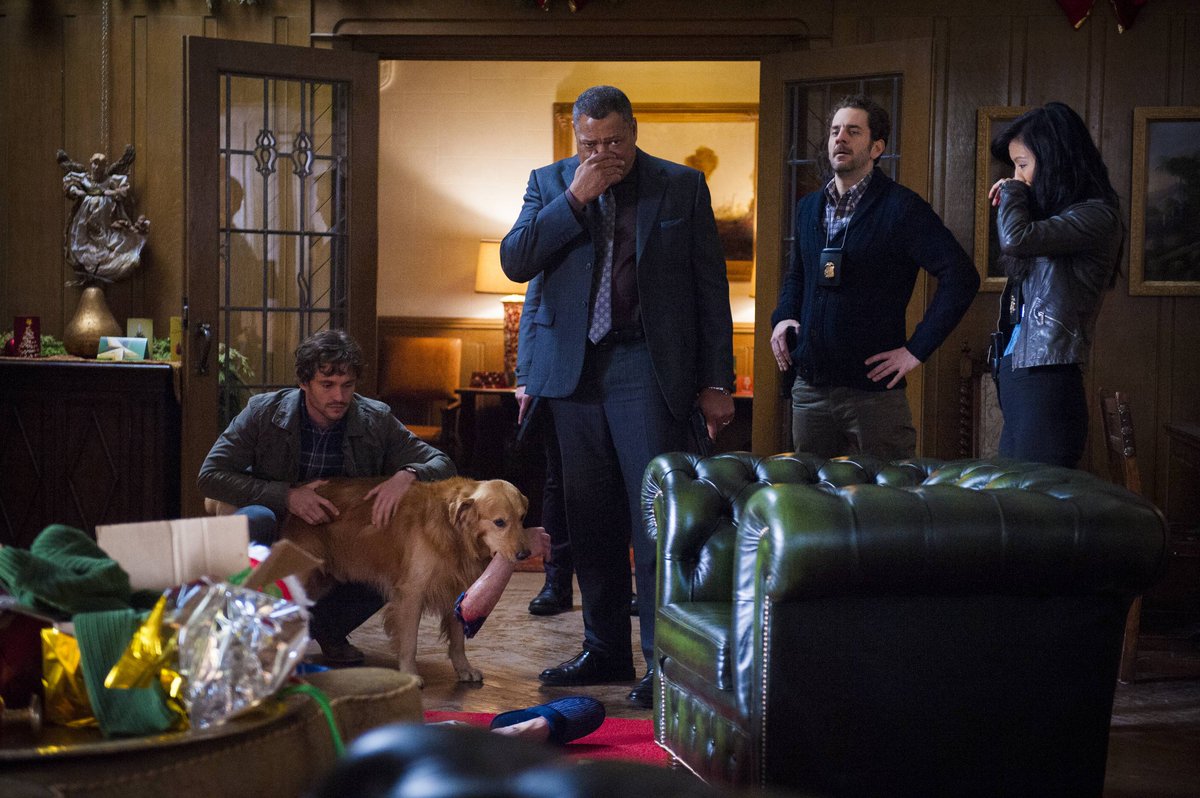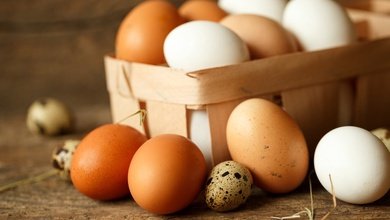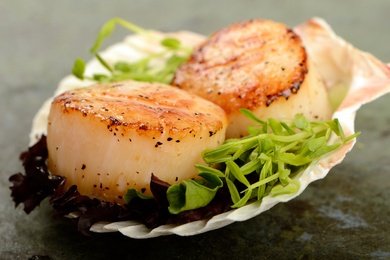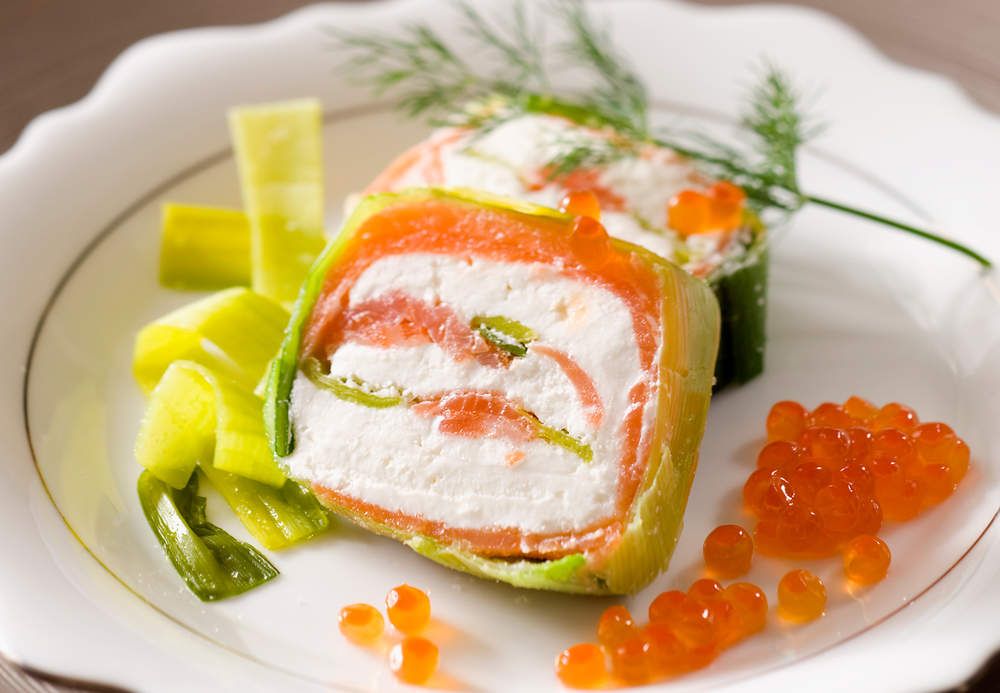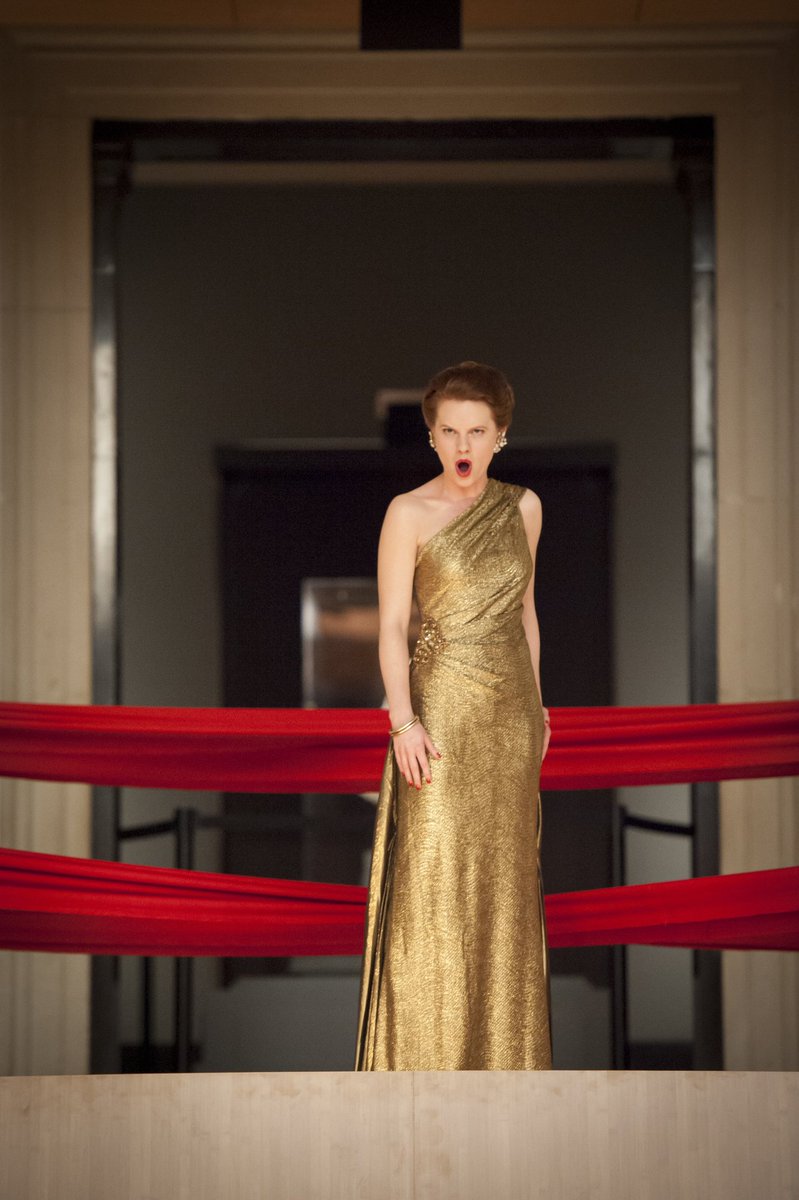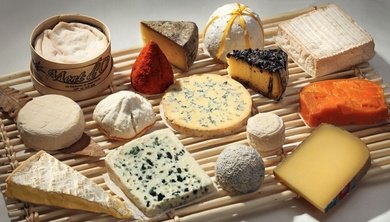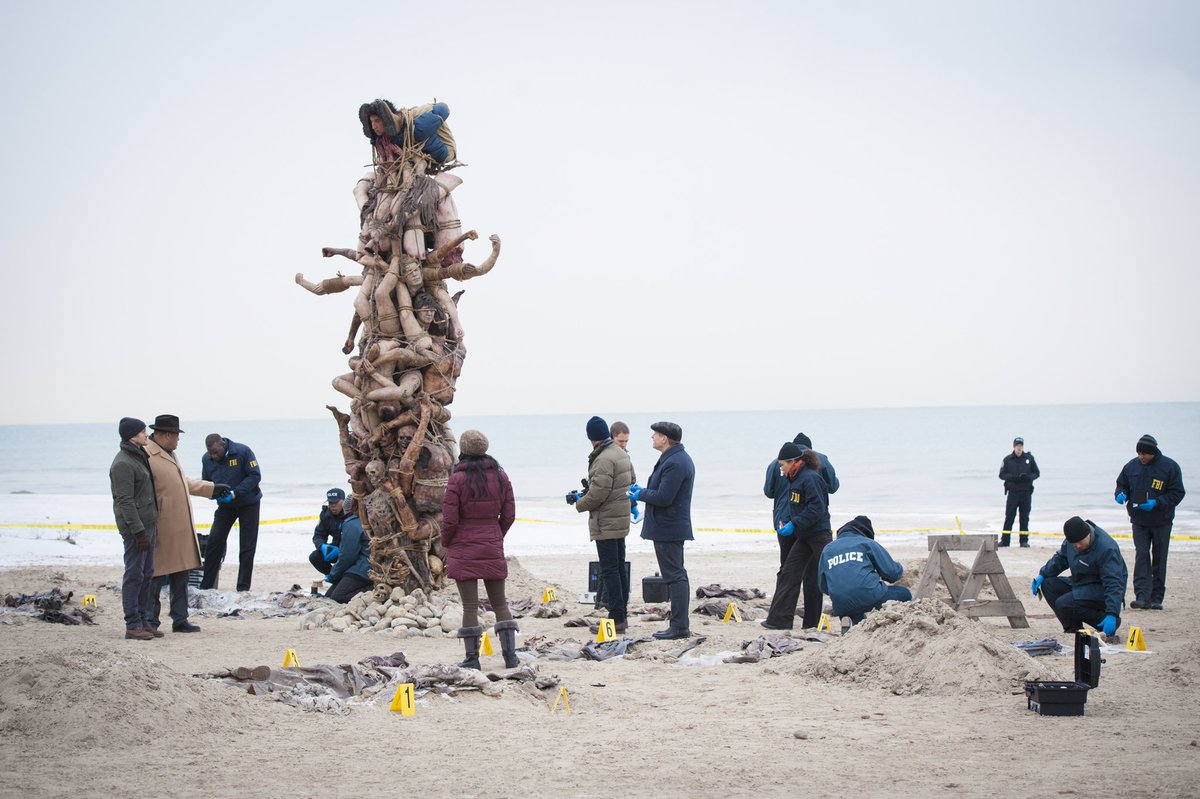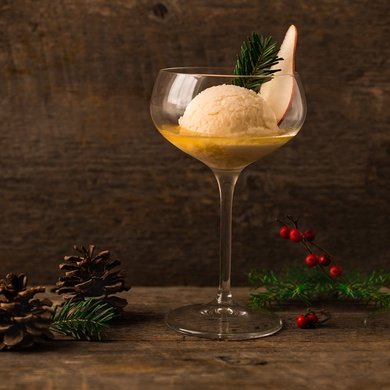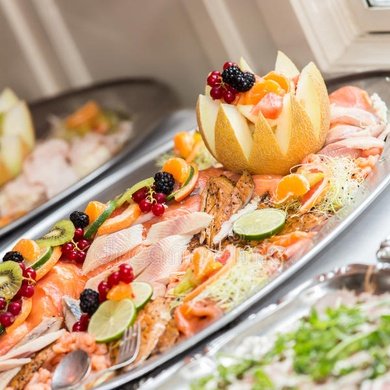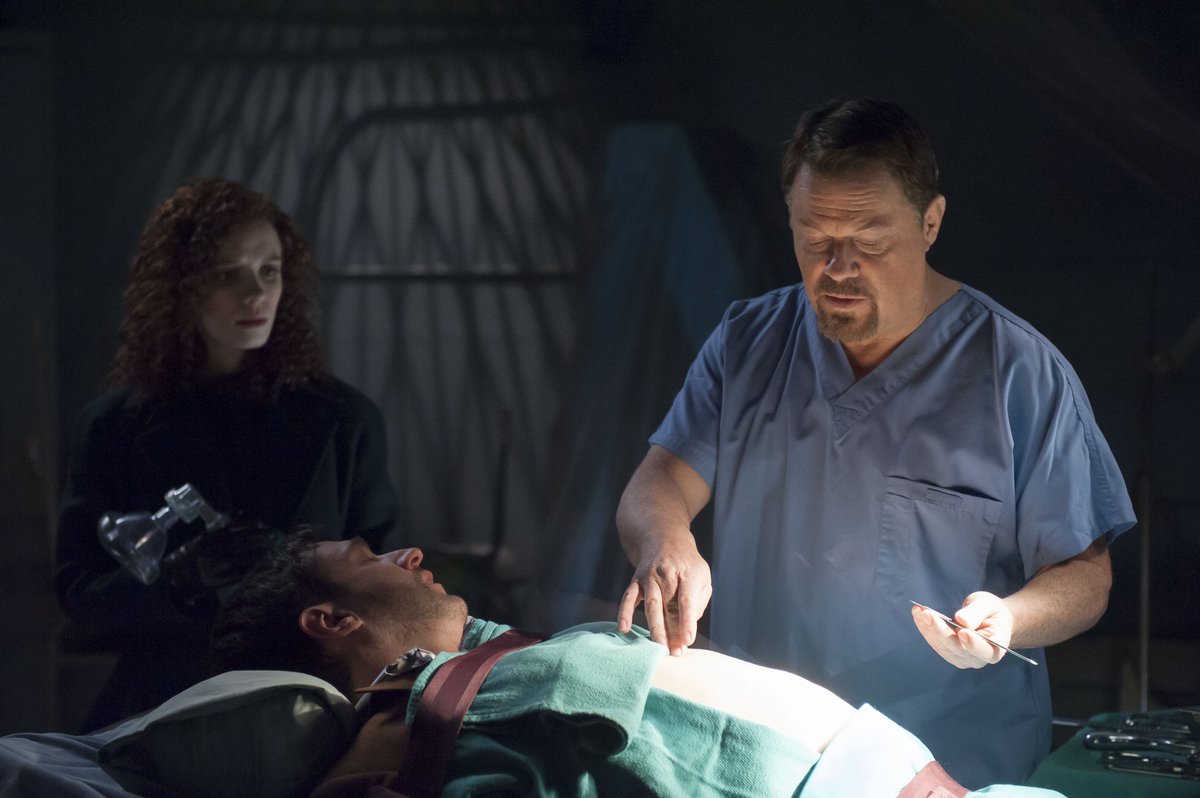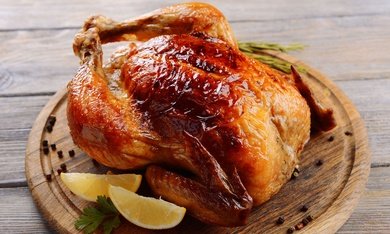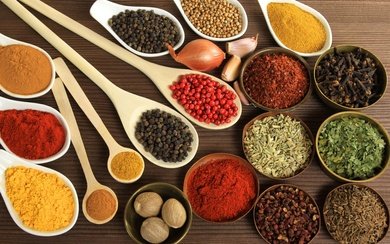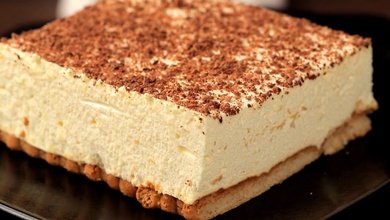If you ever wondered how you are supposed to pronounce the French titles of Hannibal S1, here's the answer!
#SaveHannibalS4 #Hannibal2021
#SaveHannibalS4 #Hannibal2021
Episode 1: Apéritif
The "apéritif" is the opening of an evening with guests, generally around 6pm. It refers to alcohol, but also snacks and amuses-bouches.
The "apéritif" is the opening of an evening with guests, generally around 6pm. It refers to alcohol, but also snacks and amuses-bouches.
Episode 2: Amuse-bouche
The amuses-bouches are bite-seized hors d'oeuvre served during the apéritif to whet your appetite. Nobody is at the table yet. Just chatting and drinking
The amuses-bouches are bite-seized hors d'oeuvre served during the apéritif to whet your appetite. Nobody is at the table yet. Just chatting and drinking
Episode 4: Œufs (the O et E are merged together)
"Œufs" means eggs. It implies several recipes like omelettes, fried eggs, scramble eggs, boiled eggs, or "à la coq" (boiled white and liquid yellow that you eat with bread)
"Œufs" means eggs. It implies several recipes like omelettes, fried eggs, scramble eggs, boiled eggs, or "à la coq" (boiled white and liquid yellow that you eat with bread)
Episode 5: Coquilles
"Coquilles" means shells. In cuisine, it implies "coquille saint Jacques" (saint Jack?...) which are scallops.
It can also be a kind of festive brioche in the shape of baby Jesus (but it's specific to the north of France)
"Coquilles" means shells. In cuisine, it implies "coquille saint Jacques" (saint Jack?...) which are scallops.
It can also be a kind of festive brioche in the shape of baby Jesus (but it's specific to the north of France)
Episode 6: Entrée
The "entrée" is the first course of a three-course meal. It's the first thing you eat at the dinner table (the apéritif and amuses-bouches are often in the lounge)
The "entrée" is the first course of a three-course meal. It's the first thing you eat at the dinner table (the apéritif and amuses-bouches are often in the lounge)
Episode 7: Sorbet
A "sorbet" is a frozen dessert made out of fruits and sugar. Unlike an ice-cream, it doesn't contain any milk or cream.
A "sorbet" is a frozen dessert made out of fruits and sugar. Unlike an ice-cream, it doesn't contain any milk or cream.
Episode 8: Fromage
"Fromage" means cheese. It's also a moment after the main course where you would eat a selection of cheeses with bread before the coffee and dessert.
(Fun fact: there's around 1200 varieties of cheeses in France, and we take it very seriously)
"Fromage" means cheese. It's also a moment after the main course where you would eat a selection of cheeses with bread before the coffee and dessert.
(Fun fact: there's around 1200 varieties of cheeses in France, and we take it very seriously)
Episode 9: Trou normand
The "trou normand" is a glass of alcohol that you drink after the dinner to help the digestion (that's why it's also called a "digestif")
The particularity of the trou normand is that you can add sorbet into it.
The "trou normand" is a glass of alcohol that you drink after the dinner to help the digestion (that's why it's also called a "digestif")
The particularity of the trou normand is that you can add sorbet into it.
Episode 10: Buffet froid
A "buffet froid" is a buffet with only cold food. It would usually be salads, vegetables, sea food, pâté, ham, etc. I would say it's more common for a lunch than a dinner.
Maybe the title is pun about dead (cold) bodies
A "buffet froid" is a buffet with only cold food. It would usually be salads, vegetables, sea food, pâté, ham, etc. I would say it's more common for a lunch than a dinner.
Maybe the title is pun about dead (cold) bodies
Episode 11: Rôti
"Rôti" is an adjectif which means roasted. It usually refers to fried chicken
(But Georgia dies in the next episode, which is a big miss-opportunity for a terrible pun)
"Rôti" is an adjectif which means roasted. It usually refers to fried chicken
(But Georgia dies in the next episode, which is a big miss-opportunity for a terrible pun)
Episode 12: Relevé (and not Révélé as I often see)
"Relevé" is an adjectif which can be translated as spicy/hot. But it can also mean that the taste is strong with spice without any hot feeling in the mouth.
"Relevé" is an adjectif which can be translated as spicy/hot. But it can also mean that the taste is strong with spice without any hot feeling in the mouth.

 Read on Twitter
Read on Twitter